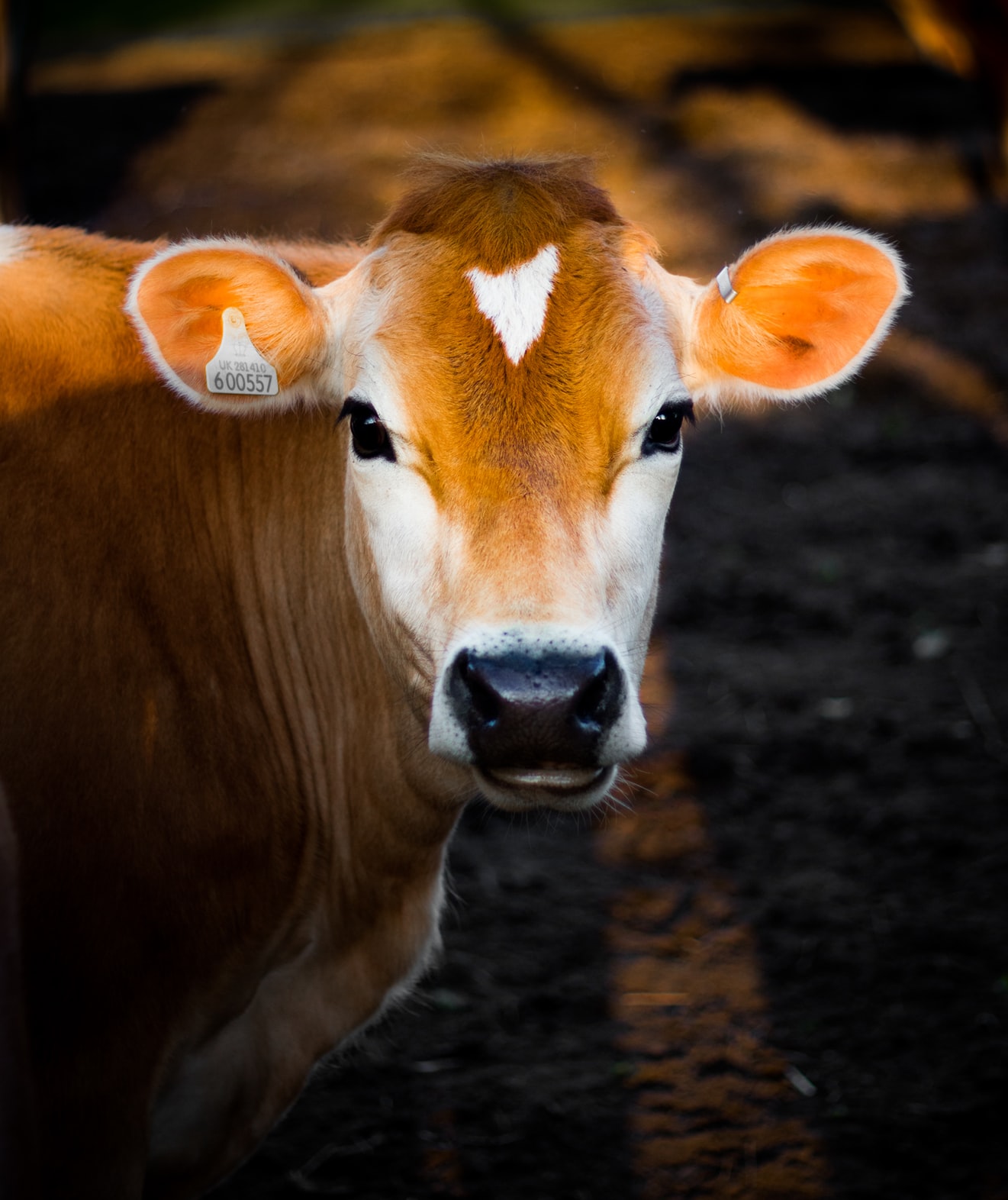Colostrum: the pre-milk fluid produced in the mammary glands of mammals — specifically here, bovines — just before and immediately following giving birth. A new fad has emerged among adult humans consuming bovine colostrum. But is colostrum for regular human adult use — is that a good thing?
I took colostrum for six weeks, then suddenly, I stopped! Something sinister was going on in the works.
I talked about human DNA methylation — a process which scientists estimate happens either more than one (1) billion times or more than ten (10) billion times each second within our cells. Human growth hormones carry different codes that differ from cows. (The nutritional requirements for even an infant child is different from that of an adult.) These codes translate into epigenetic and (then maybe) genetic changes within our cells. It is unpredictable if, when, how much, how soon and even how human DNA will be affected, and if so, how permanent these changes may affect our health in the future.
There is indeed short-term gain from taking colostrum — but at the risk of long-term damage. A product that boosts or activates the immune system does not mean that product is a good thing. The immune system activates suddenly when it perceives a foreign threat. From this activation, other benefits may happen, but it is often not permanent, and may make a bad situation worse. What may seem as a boost of energy or a relief of IBS may be the slow workings leading to cancer or a heart attack!
It seems to me that continuous use of colostrum may increase mTOR activity, causing a type of growth factor to accelerate in the body. For example, a 60 to 80 pound calf will grow multiple times its weight by the end of weaning off of its mother’s milk. When an adult human male consume bovine colostrum, unwanted growth may accelerate in all the wrong places — like the prostate. Even consuming human mother’s milk will make a human adult person sick. The truth is, the nutritional requirements for babies and adults are different. A human infant ideally have 10 times more copper ratio in its liver to an adult, forming the missing core of its undeveloped immune system. Bovine colostrum may contain a mineral ratio balance that is incompatible for an adult human.
I must therefore conclude that bovine colostrum is for the development of newborn calves, and may be constructive only for that purpose. Continuous consumption of this genetic sensitive product may indeed not be suitable for or compatible with human DNA.
